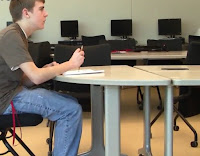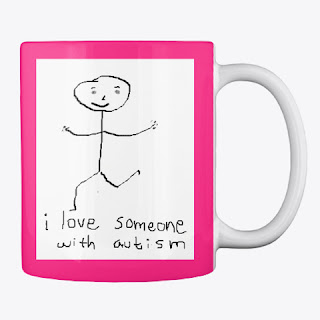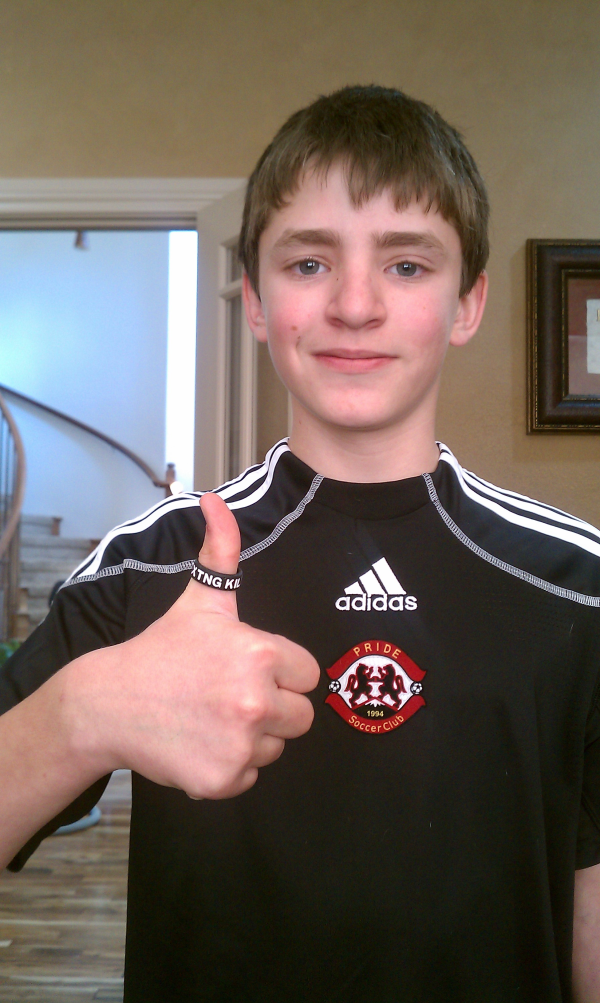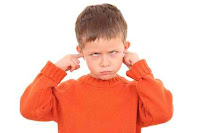 “Is it common for a child with autism (high functioning) to have more behavior problems at school than at home? My 13 y.o. son has been getting a lot of time in detention. Can I excuse him from it and not reschedule? A teacher gave him detention for what I consider to be an unfair reason, and she refuses to hear his side. He goes to a public middle school.”
“Is it common for a child with autism (high functioning) to have more behavior problems at school than at home? My 13 y.o. son has been getting a lot of time in detention. Can I excuse him from it and not reschedule? A teacher gave him detention for what I consider to be an unfair reason, and she refuses to hear his side. He goes to a public middle school.”RE: “Can I excuse him from it and not reschedule?”
You don’t have the authority to exempt your son from the school's disciplinary actions. If there is a problem with a particular disciplinary process (e.g., detention scheduled to be served at a time that creates a hardship for you), you can contact the school's administrative staff to ask for consideration of an alternative date and time for the detention.
RE: “Is it common for a child with autism (high functioning) to have more behavior problems at school than at home?”
Yes, many children with High-Functioning Autism (HFA) and Asperger’s do act-out in the classroom, largely due to (a) over-stimulation of the senses (e.g., florescent lights, smells from the cafeteria, noisy and crowded hallways, etc.) as well as (b) social skills deficits (e.g., when the youngster fails to take his turn in a playground game because he doesn't understand the social rules of an activity).
Furthermore, these challenges frequently involve feelings of anxiety, loss of control, and an inability to predict outcomes. Rather than simply trying to be defiant or disruptive, students on the autism spectrum typically have behavior problems connected to their inability to function in a world they see as unpredictable and threatening. In other words, when they have behavioral difficulties, their problems are most often associated with their social ineptness, an obsessive interest in a particular subject, a defensive panic reaction, etc.
Many of the traits of the disorder can look like purposeful misbehavior in the eyes of teachers. For example:
- attention problems may be viewed as simply “not paying attention”
- become overwhelmed with too much verbal direction may be viewed as “unwarranted expression of frustration”
- difficulty maintaining friendships can be viewed as “antisocial behavior”
- difficulty transitioning from one activity to another may be perceived as “oppositional behavior”
- difficulty waiting for their turn (e.g., standing in line) may be looked at as “impulsivity”
- difficulty with fine motor activities (e.g., coloring, printing, using scissors, gluing) may be viewed a pure “laziness”
- difficulty with reading comprehension (e.g., can quote an answer, but unable to predict, summarize or find symbolism) may come across as simply “ignoring the teacher’s instructions”
- meltdowns are often viewed as “tantrums”
Moms and dads usually have significantly greater concern about the behavior and social skills of their “special needs” youngster than his or her teachers do. Parents often perceive their child to have substantial deficits in a variety of socially-related areas (e.g., conduct problems, aggression, hyperactivity, etc.) as well as internalizing problems (e.g., withdrawal).
Teachers, on the other hand, often perceive the HFA or Asperger’s student to have both fewer and less significant deficits than do parents – and may mistakenly discipline the child for “poor conduct” rather than recognizing the extra challenges the “special needs” student must contend with. Thus, it’s important for parents to educate their child’s teachers on his or her specific challenges that result in behavioral and/or emotional struggles.
But, each case is significantly different! Sometimes "misbehavior" is exactly that - misbehavior - and not necessarily a trait of the disorder. This is were it gets tricky. A particular behavioral problem (e.g., yelling at the teacher) in one student on the spectrum may be motivated by sensory issues, whereas that same behavior in another student on the spectrum may be simple rebelliousness. Which if which? Only the teacher who is well-educated on the symptoms of the disorder, as they relate specifically to the child in question, will know.
Highly Acclaimed Parenting Programs Offered by Online Parent Support, LLC:
==> How To Prevent Meltdowns and Tantrums In Children With High-Functioning Autism and Asperger's
==> Parenting System that Significantly Reduces Defiant Behavior in Teens with Aspergers and High-Functioning Autism
==> Launching Adult Children with Asperger's and High-Functioning Autism: Guide for Parents Who Want to Promote Self-Reliance
==> Teaching Social Skills and Emotion Management to Children and Teens with Asperger's and High-Functioning Autism
==> Parenting Children and Teens with High-Functioning Autism: Comprehensive Handbook
==> Unraveling The Mystery Behind Asperger's and High-Functioning Autism: Audio Book
==> Highly Effective Research-Based Parenting Strategies for Children with Asperger's and High-Functioning Autism
____________________
Do you need the advice of a professional who specializes in parenting children and teens with Autism Spectrum Disorders? Sign-up for Online Parent Coaching today.




















